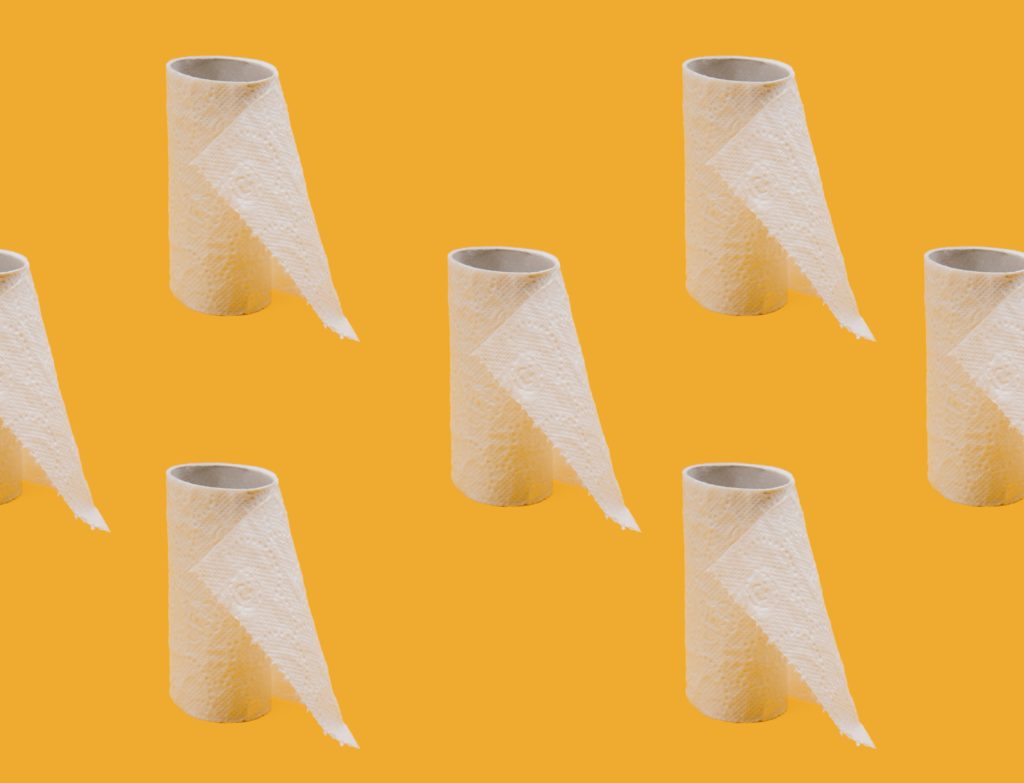
The headlines of Covid-19 are everywhere. Daily we’re bombarded with statistics, grim reports, updates on closures and the rising numbers of cases. Hospitals, businesses and schools across the globe have closed their doors. For now, the novel coronavirus has made humans stop business-as-usual.
As we hear about more people testing positive in our cities, our work, our communities, we may feel paralyzed with fear, as if an invisible enemy is closely drawing in on us. Scientists are still deciphering how it sheds, its RNA, the way it hops host cells, how it lingers in the body. There’s a lot of mystery attached to it and our human brain doesn’t bode well with the unknown darkness of fear.
Fear roils us into a black hole of thought: how long will this pandemic last? How bad will it get? Will I get it? What if I lose a loved one? Will the markets recover? And on and on and on…
We’ve already seen people panic. (Just try finding toilet paper, hand sanitizer or milk!) We get it: anxiety and fear are thick in the air. We at Productive Learning aren’t immune to it, we’ve felt it too. But this is an opportunity to show that we can steer ourselves to hope rather than giving in to fear.
We’re continuing this year’s theme of 2020 Perfect Vision, but in light of Covid-19, we’ve asked ourselves: what does perfect vision look like when we’re inundated with anxiety and fear? How can we find meaning through this hardship? How can we come out stronger?

As we said in last month’s blog, perfect vision means approaching ourselves holistically. It’s accepting our personality traits with our “imperfections” and where we are on our journey. At this moment, our journey could be laden with anxiety, panic, fear. If what we place our attention on is filled with fear it will inform our decisions.
Fear is informative when we’re able to use it in its rightful place. Because, if you think about it, fear is a reflection of a deep personal truth about what is important to us. If you fear getting sick, truthfully it means you want to be well. If you fear losing a loved one, truthfully it means you love that person deeply. If you fear losing a job or money in a recession, truthfully it means you want to be financially secure. Fear is informing us of the extreme attachments to what we want. Once we’ve jotted our truths, we can release the white-knuckle grip fear has on us, make choices and creatively design what we really want.
If Covid-19 will teach us anything, let it be said that it gave us an opportunity to love ourselves through fear. Let us look back on this time as the time in our lives where we learned how to use our fear to enlighten ourselves.
Getting to the root of what we want redirects fear to self-love because it gives us a chance to practice radically loving what we’re afraid of losing. Although we can’t control if we lose it or not we can focus on what is important. We can choose gratitude for what we have, where we are in our journey and who we are holistically.
It’s okay to have a mess of feelings on our present journey. AND, we’re seeing ourselves through the lens of perfect vision, being compassionate with ourselves by acknowledging all our feelings. That’s an act of turning fear into self-love.
Let’s love our bodies as they are right now. No matter your health, you can be present with your body and find some gratitude in it. Let’s reach out to those loved ones that help us feel loved. Let’s reach for things that make us feel secure, even if it’s a prayer whispered as “thank you.” There are millions of ways at present we can find solace and peaceful abiding in our lives with those things we fear losing.
Perfect vision is finding what’s inside of you that’s in resistance and allowing yourself to work with it rather than pushing it away. In this way, fear is a way of welcoming the unwelcome by coming to peace with whatever is.
A lot is completely out of our control. So much of what people are doing, reacting and saying can easily disrupt our sense of well-being. But as Buddhist nun, Pema Chodron says, “Don’t let people pull you into their storm. Pull them into your peace.”
The reality is that as Covid-19 unfolds we have to allow life to unfold because we don’t get to control the virus or life. We can do all we can to protect ourselves but if it’s headed to your door, you’ll deal with it.
In the meantime, do things that make you feel good and safe. Be kind to yourself and others. All-consuming worry can be interrupted in an efficient, self-loving way.
Many of us are in quarantine or in isolation, while some of us may be on the front lines treating patients. But all of us are facing a global pandemic together and we can do things to help ourselves and one another. Talking to our fear in a productive way can help us be more sensible and behave in ways that will help us get through this with ease and find meaning in our anguish.
We invite you to exercise 2020 Perfect Vision by accepting that it’s absolutely normal to waver between calm and panic, between fear and hope, between cynicism and genuine concern. Listen to your emotions, understand what they’re conveying back to you and focus on that. Remember, fear isn’t real nor rational. (Danger is and you will know if you’re in danger.)
While we believe it’s important to stay informed from credible places like the Centers for Disease Control and Prevention, we want to remind you to take a daily moment to stop the information overload for your own well-being.
Instead, assess what you feel. Gather internal information. Deepen gratitude toward your truths as you accept what is. Finally, say it out loud: this too shall pass.
And when it does we will come together in joyous celebration, having used this situation to transform for our highest good!
